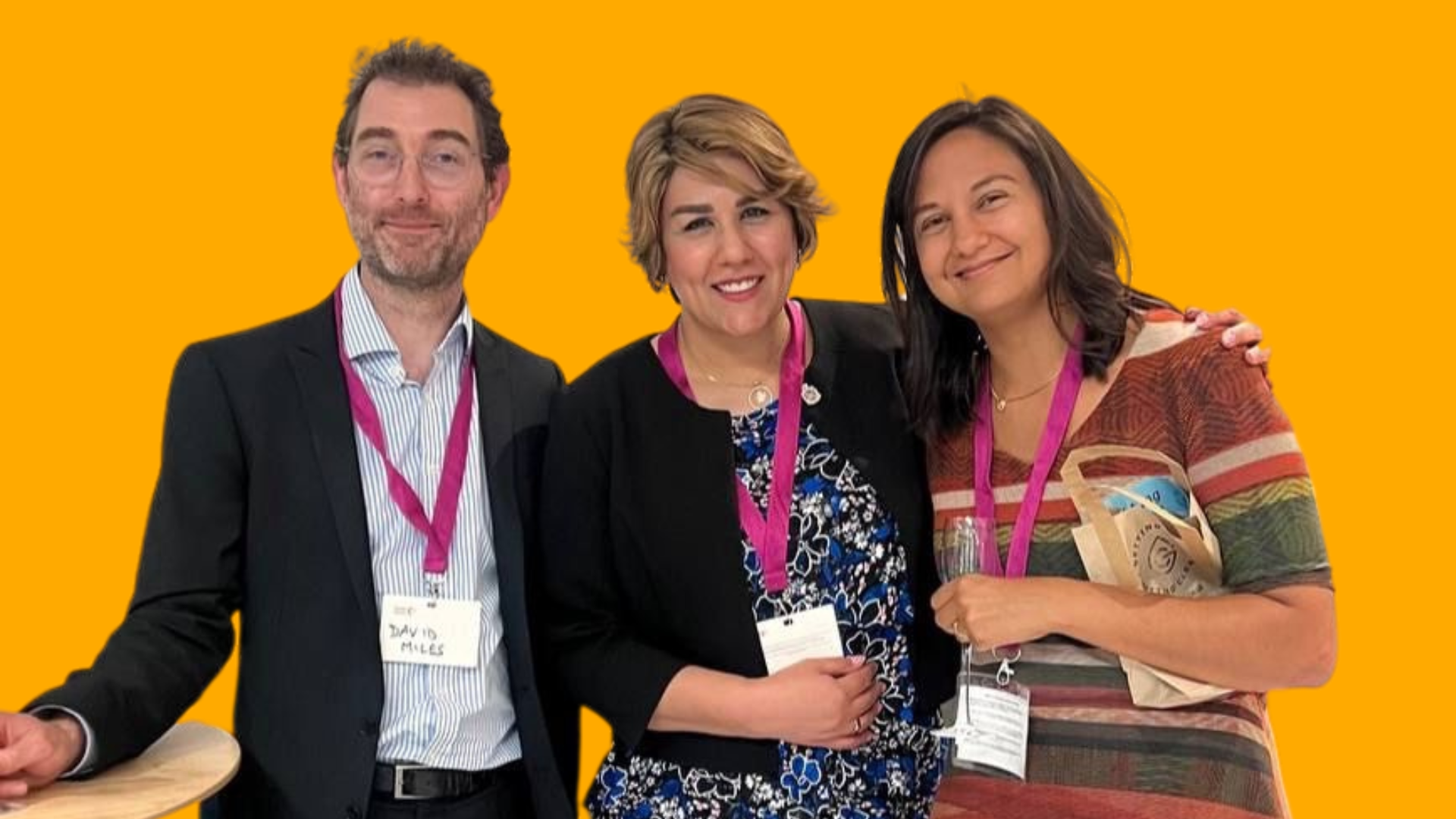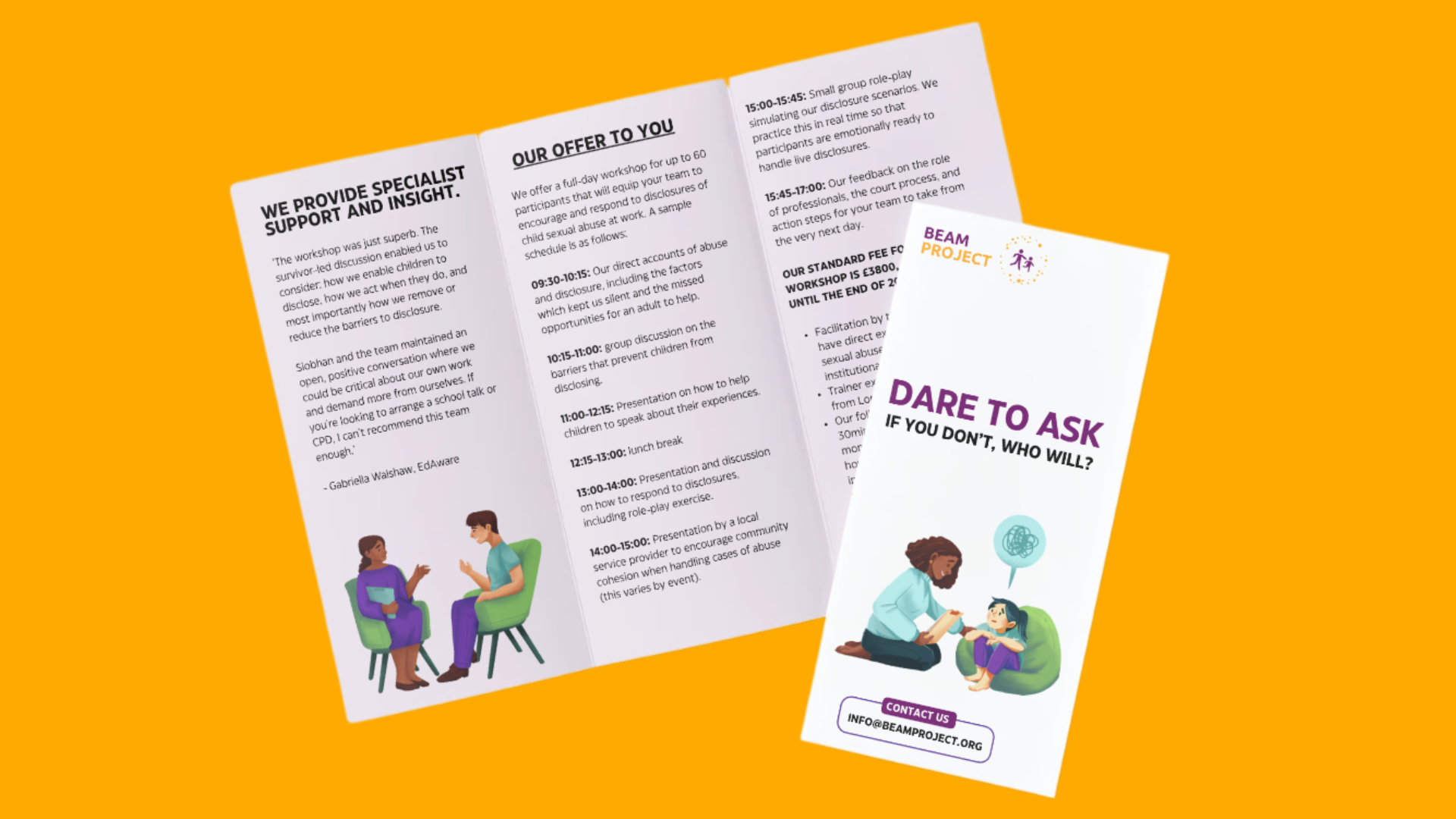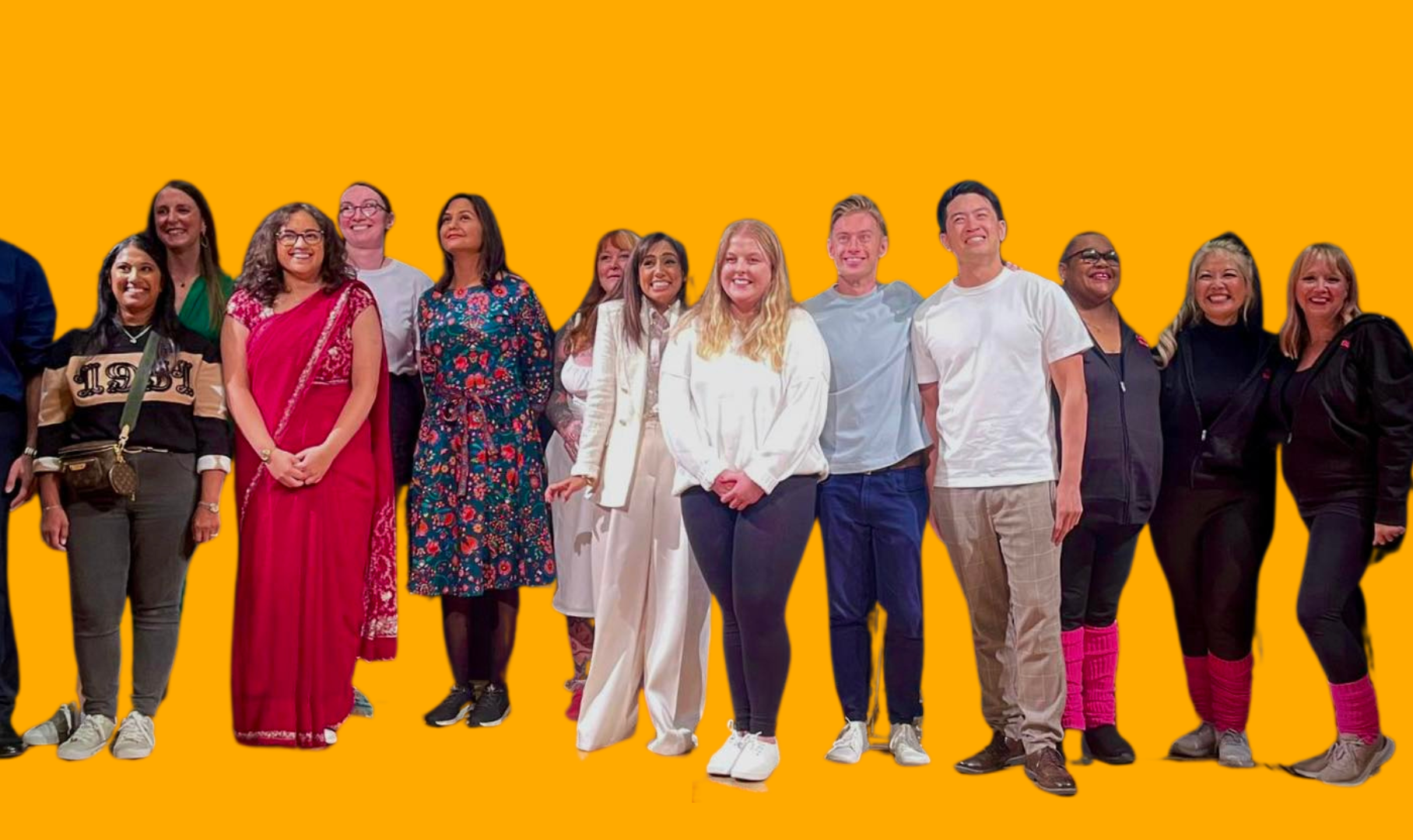1 in 20 children are sexually abused. But that’s only a conservative estimate.
Become the person a child can tell. If you don’t, who will?



If you’re looking to arrange a school talk or CPD, I can’t recommend this team enough.
'The workshop was just superb. The survivor-led discussion enabled us to consider how we enable children to disclose, how we act when they do, and most importantly how we remove or reduce the barriers to disclosure.
The team maintained an open, positive conversation where we could be critical about our own work and demand more from ourselves. If you’re looking to arrange a school talk or CPD, I can’t recommend this team enough.'
Gabriella Walshaw, EdAware